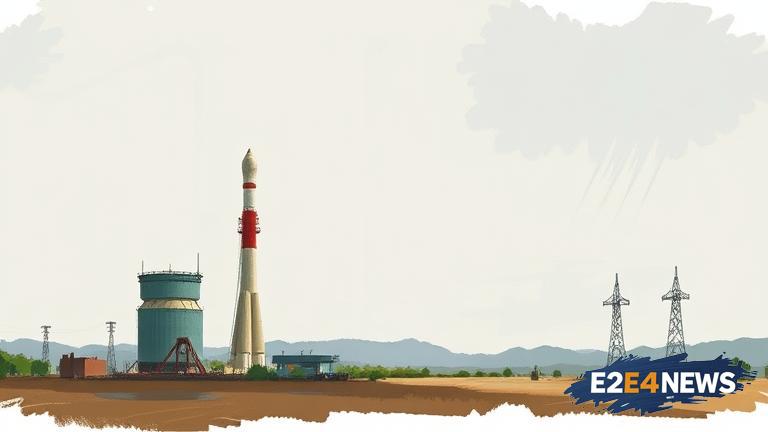Pakistan’s Prime Minister, Shehbaz Sharif, has recently addressed the nation, providing reassurance that the country’s nuclear programme is primarily focused on peaceful activities and self-defence. This statement comes as a response to concerns and speculations surrounding the true intentions behind Pakistan’s nuclear capabilities. The Prime Minister emphasized that the nuclear programme is a vital component of the country’s national security strategy, designed to protect its sovereignty and territorial integrity. He also highlighted the importance of nuclear energy in supporting Pakistan’s economic development and growth. The Prime Minister’s statement is seen as an attempt to alleviate fears and misconceptions about Pakistan’s nuclear ambitions, both domestically and internationally. Pakistan has consistently maintained that its nuclear programme is for peaceful purposes, including the generation of electricity and the production of radioisotopes for medical and industrial applications. The country has also been actively engaged in international efforts to prevent the proliferation of nuclear weapons and to promote disarmament. Despite these assurances, concerns persist about the risks associated with nuclear weapons and the potential for miscalculation or accident. The international community has called for greater transparency and cooperation from Pakistan regarding its nuclear programme, particularly with regards to its nuclear security and safety measures. Pakistan has responded by implementing various measures to strengthen its nuclear security and safety regime, including the establishment of a nuclear regulatory authority and the adoption of international best practices. The Prime Minister’s statement has been welcomed by many as a positive step towards promoting greater understanding and cooperation on nuclear issues. However, some critics have expressed skepticism about the sincerity of Pakistan’s intentions, citing concerns about the country’s history of nuclear proliferation and its relationships with other nuclear-armed states. The debate surrounding Pakistan’s nuclear programme is complex and multifaceted, involving a range of technical, political, and strategic considerations. As the country continues to navigate the challenges and opportunities associated with its nuclear capabilities, it is likely that the international community will remain closely engaged and vigilant. The Prime Minister’s statement serves as a reminder of the importance of ongoing dialogue and cooperation on nuclear issues, both regionally and globally. By promoting greater transparency, trust, and understanding, Pakistan and the international community can work together to reduce the risks associated with nuclear weapons and to promote a more peaceful and stable world. The future of Pakistan’s nuclear programme will likely be shaped by a range of factors, including the country’s economic and energy needs, its relationships with other nations, and its commitment to international non-proliferation and disarmament efforts. As the world continues to evolve and change, it is essential that Pakistan and the international community remain adaptable and responsive to emerging challenges and opportunities.
